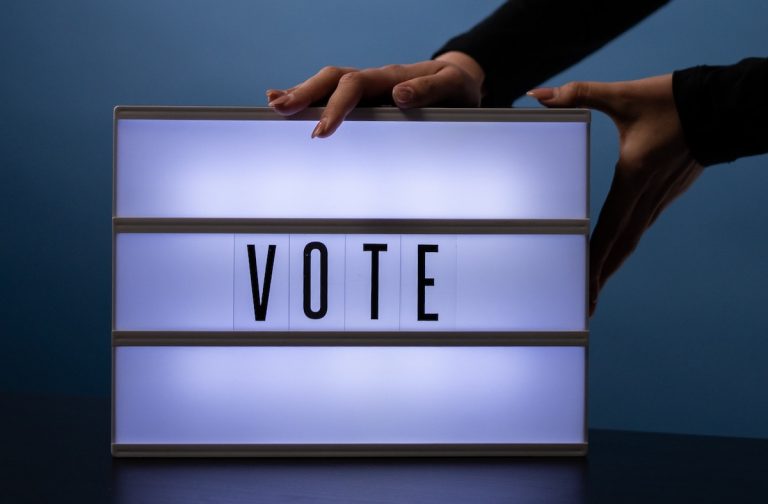According to Texas Attorney General Special Prosecution Division’s Jonathan White, the number of active election fraud cases in the state is, by a long shot, higher than the historical average. White, who is the chief of the election fraud section in the division, made the revelation while testifying at a Texas House Elections Committee meeting. Around 60 percent of the resolved cases involved vote by mail, while roughly 80 percent of pending cases were about mail-in ballot fraud.
White made the statements in front of a committee considering legislation HB6, which aims to reduce incidences of voter fraud. “I can say that our cases are currently at an all-time high, and that’s for several reasons probably, but we have more cases today. We have 510 offenses pending against 43 defendants in court right now… 99.9 percent of people are honest and forthright, they don’t cheat at elections. They don’t go around murdering people or committing aggravated robberies, either,” White said during his testimony. Since 2005, the Attorney General’s office has prosecuted 534 election violation cases perpetrated by 155 individuals.
On the question of whether the HB6 bill will criminalize honest mistakes, White said that the “intent element” is critical for voter fraud prosecutions. Though the incidences of fraud cases are low when considering that almost 11.3 million Texans voted during the 2020 presidential election, the number of prosecutions might not be a good indicator of how widespread the fraud is. Since voter fraud can change the results of the election in local races, where wins are secured by very narrow margins, Republican Representative Travis Clardy stated that when it comes to voter fraud, they have to adopt a “zero-tolerance approach.”

In a move to tighten voter integrity, the Texas Senate recently approved legislation SB7, which will ban most drive-thru voting and mail-in ballot drop boxes. Voters with disabilities will need to provide proof of disability in order to be authorized for mail-in voting, and private funding worth $1,000 or more has to be approved by top state leaders before it can be donated to the election departments. Republican Bryan Hughes stated that the legislation clarifies and standardizes voting rules to ensure that every citizen in the state has an equal opportunity to vote irrespective of where they live.
Democrats are suggesting, however, that these measures will only result in voter suppression. The state’s Democratic Party said that the move will disenfranchise ethnic and racial minority voters as well as veterans and people with disabilities. State House Democratic leader Chris Turner drew comparisons to a similar bill passed in Georgia and accused the Republicans of making it harder for people of color to participate in the electoral process.
Success
You are now signed up for our newsletter
Success
Check your email to complete sign up
Some leftist groups have gone so far as to influence businesses to punish Texas for the new voting laws by moving their operations out of state. Calls are strengthening for the National Collegiate Athletic Association (NCAA) to shift their basketball tournament out of Texas just as Major League Baseball (MLB) moved the All-Star game from Georgia after the state passed a law strengthening voter integrity.
“Since Texas Republicans insist on pushing ‘Jim Crow’ voter suppression efforts, the NCAA basketball tournament should insist on pulling next year’s first and second-round games out of Fort Worth and San Antonio… The NCAA can join American Airlines, Dell, Microsoft, and Southwest Airlines and send a message to Texas lawmakers: we won’t stand for voter suppression,” Ed Espinoza, executive director of liberal group Progress Texas, said in a statement.
















